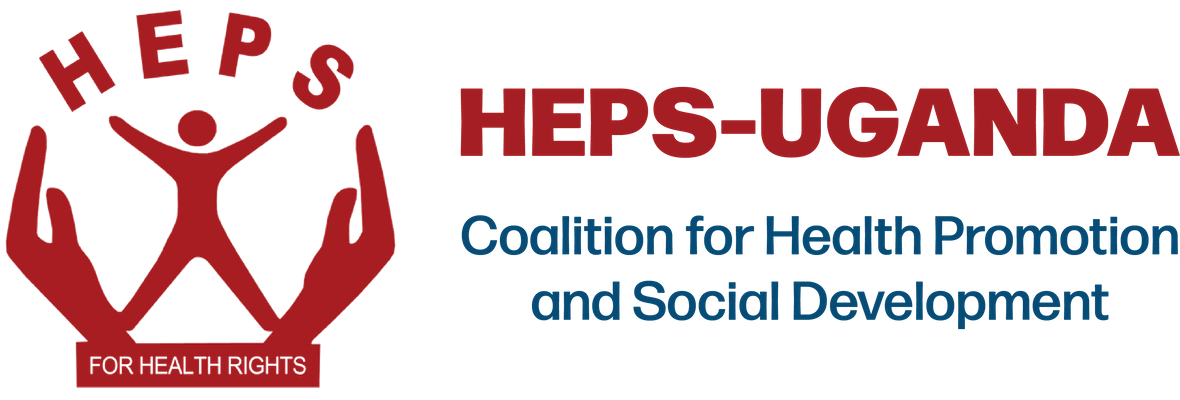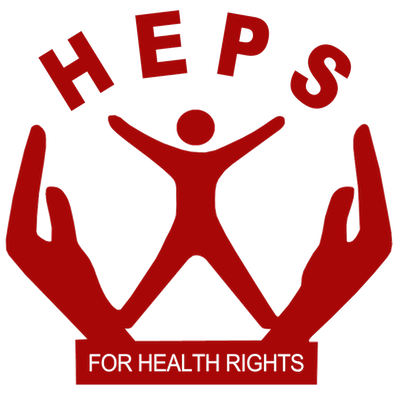A total of 29 Ugandan civil society organisations (CSOs) benefited from a four-day capacity-building training in medicine transparency from 26th-30th April 2009.
HEPS-Uganda organised the training, held at Sunset Hotel in Jinja, with support from Medicine Transparency Alliance (MeTA Uganda).
The training enabled the participating CSOs to strengthen their capacity to participate in MeTA.
MeTA is a global alliance of governments, pharmaceutical companies, the civil society, World Health Organisation, World Bank, and other partners working to improve access to medicines by increasing accountability in the healthcare marketplace.
Sponsored by the British Department for International Development (DfID), MeTA works at both national and international levels to improve the flow of information and increase transparency and accountability about the selection, regulation, procurement, sale, distribution and use of medicines.
This process aims to strengthen governance, encourage responsible business practices and ultimately improve access to medicines, especially for the poor. It was launched in Uganda, one of the seven countries participating in the two-year pilot, in March 2009.
Civil society capacity building is a critical part of a two-year pilot phase of the MeTA initiative. It is premised on the fact that CSOs working at the country level are not as well acquainted with the medicines industry and the complexities of the medicine supply chain as government health officials and representatives of pharmaceutical companies are.
MeTA Uganda therefore supported HEPS-Uganda to organise the workshop for members of the Uganda Coalition for Access to Essential Medicines (UCAEM) and other CSOs.
HEPS-Uganda is the coordinator of UCAEM and also coordinates Ugandan CSOs participating in the MeTA initiative.
The theme of the workshop was, “Increasing transparency and accountability in medicines procurement and supply management.” It enabled the CSOs, which were represented by about 45 participants, to try to acquire the same levels of knowledge and understanding of these complex procurement processes in order for them participate fully in the multi-stakeholder process and sit round the same table as the public and private sectors with good levels of knowledge, understanding and skills to ensure this process works effectively.
During the workshop participants were trained in a wide range of aspects of medicine procurement, distribution and transparency processes, by up to a dozen facilitators from Uganda, and the MeTA global secretariat.
The training empowered the participants to effectively play the civil society’s role in MeTA, including monitoring health outcomes; disseminating information; representing the needs of the poor and socially excluded; and promoting social justice, among others.
The Jinja training workshop was the second in a two-year pilot programme for strengthening the capacity of the civil society to enable it effectively play its role in the MeTA partnership.
At the end of the workshop, the participants identified the issues their organisations were to follow up within MeTA, which included tracking the distribution changes, advocacy for change of procurement procedures for medicines, and advocacy for increase in the national health budget, among others.
The Director of Communication at the MeTA Secretariat, Mr Andrew Chetley, who gave the closing remarks, said the workshop was a key part of the development of the MeTA process, as the concept of strongly involving the civil society was central. He said the capacity building would enable the civil society to effectively play its role in the partnership.
He said it was the first of the civil society capacity strengthening process, and commended the HEPS-Uganda for “setting such a high standard” and challenged the civil society to exceed the standard already set.
The Session was concluded by a hand over of certificates of attendance to the participants.





